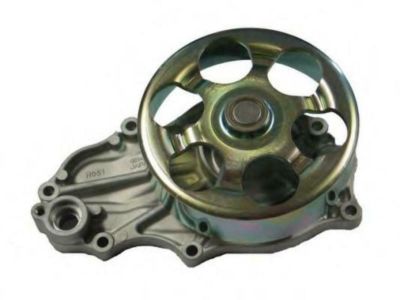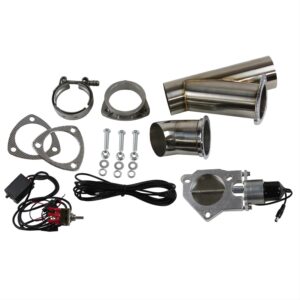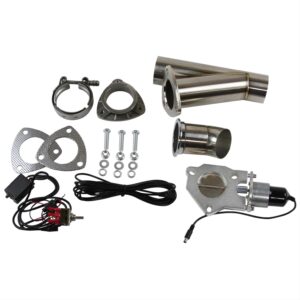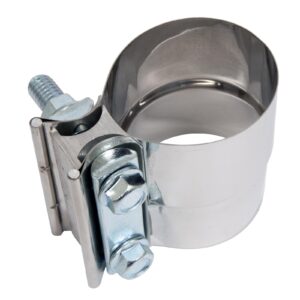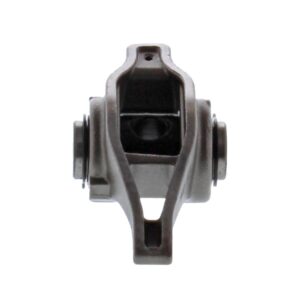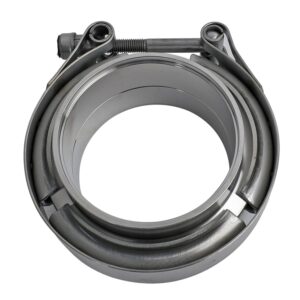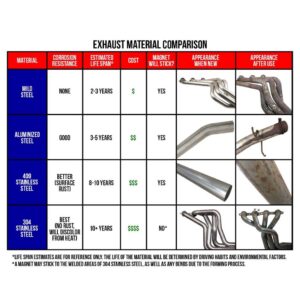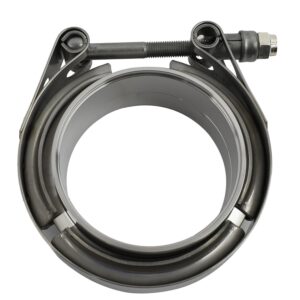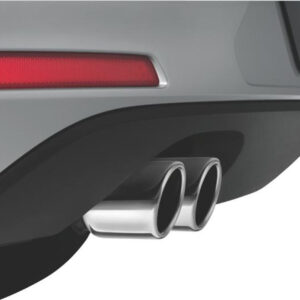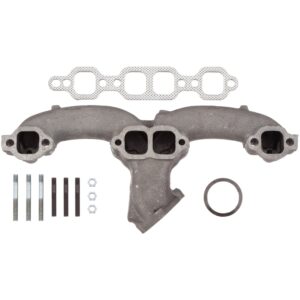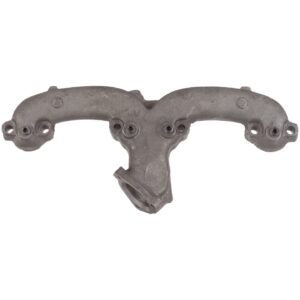About Exhaust
Exhaust systems are a crucial component of any vehicle, responsible for directing harmful emissions away from the engine and out of the vehicle while also minimizing engine noise. Here’s a breakdown of their key components and functions:
- Exhaust Manifold: This is the first component in the exhaust system. It collects exhaust gases from the engine’s cylinders and channels them into a single pipe.
- Catalytic Converter: This part helps to reduce harmful emissions by converting toxic gases like carbon monoxide, nitrogen oxides, and hydrocarbons into less harmful substances like carbon dioxide and water vapor.
- Resonator: Some vehicles have a resonator, which is essentially a muffler designed to reduce certain frequencies of sound, helping to further reduce noise levels.
- Muffler: The muffler is the most recognizable part of the exhaust system. It contains chambers and baffles that help to cancel out noise produced by the engine.
- Tailpipe: This is the final section of the exhaust system, through which the treated exhaust gases are expelled from the vehicle and released into the atmosphere.
Apart from these main components, there are also various sensors and valves integrated into modern exhaust systems to monitor emissions and ensure optimal engine performance. Regular maintenance of the exhaust system is essential to ensure proper functioning and to minimize environmental impact.
What is the main purpose of an exhaust?
The main purpose of an exhaust system in a vehicle is to safely and efficiently remove the exhaust gases produced by the engine during combustion. These gases include harmful pollutants such as carbon monoxide, nitrogen oxides, and hydrocarbons. By directing these gases away from the engine and out of the vehicle, the exhaust system helps to:
- Protect the environment: By reducing harmful emissions, the exhaust system plays a crucial role in minimizing air pollution and its negative effects on human health and the environment.
- Maintain engine performance: Efficient removal of exhaust gases helps to optimize engine performance by ensuring proper combustion and preventing backpressure, which can reduce engine power and efficiency.
- Reduce engine noise: The exhaust system also acts as a muffler, dampening the noise produced by the engine during combustion, thus providing a quieter driving experience for passengers and reducing noise pollution.
The exhaust system plays a vital role in both the environmental and functional aspects of a vehicle, making it an essential component of modern automotive engineering.

